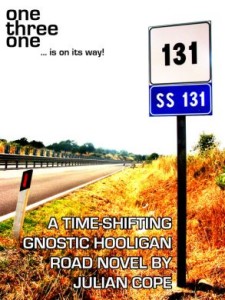This past month Psychogeographic Review has been reading:
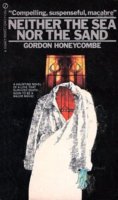 Gordon Honeycombe – ‘Neither the Sea Nor the Sand’ (1971)
Gordon Honeycombe – ‘Neither the Sea Nor the Sand’ (1971)
I first read this book when I was a teenager. It was probably the heady combination of romantic love and zombies that appealed to me then. But reading it again now, I am able to appreciate the quality of Honeycombe’s writing; his unblinking, controlled style which never wavers and never judges. Two lonely people fall in love and marry. They swear their undying love for each other, and soon after come to realise the full horror of that oath
Julian Cope – ‘One Three One’ (2014)
Not just a musician, or a respected antiquarian, but now a novelist too. I feared disappointment when I sat down to read Julian Cope’s ‘time-shifting gnostic hooligan road novel’, but I needn’t have worried, it’s a glorious, soaring theme-park ride for the mind. Bursting with ideas, inebriated with language, Cope’s first novel grabs the reader from the first sentence and keeps a tight grip for the next four hundred odd pages
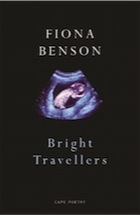 Fiona Benson – ‘Bright Travellers’ (2014)
Fiona Benson – ‘Bright Travellers’ (2014)
A first collection of poems from young Anglo-Scottish writer, Fiona Benson. She writes of motherhood, of love, art and of the natural world; she sees the mystical that fringes the everyday world. But there is never a hint of fey lyricism in Benson’s poems; instead she embraces the shit, the blood and pain that shadows every living thing.
Meanwhile, we were listening to:
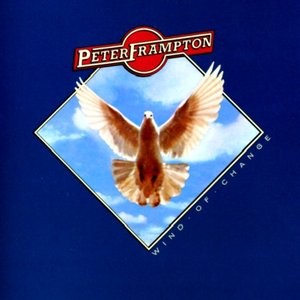 Peter Frampton – ‘Wind of Change’ (1972)
Peter Frampton – ‘Wind of Change’ (1972)
Somewhere between his time as a pop teen-idol in The Herd and Humble Pie and the unlistenable bombast of his Frampton Comes Alive! period, Peter Frampton made a very good solo album. This is that album: a collection of songs with melody and light and shade. With some superb musicianship too; including Klaus Voormann on bass and some bloke from Liverpool called Ringo on drums
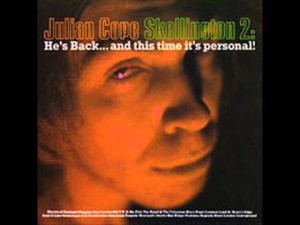 Julian Cope – ‘The Skellington Chronicles’ (1993)
Julian Cope – ‘The Skellington Chronicles’ (1993)
Reading One Three One led me to dig out my old cassette copy of Skellington. Julian Cope turned out this album in just two days immediately after the recording sessions for My Nation Underground. He was frustrated by the over-produced power pop his record company were encouraging him to produce. In reaction Cope channelled all of that energy and anger into this stripped-down masterpiece: short, spare arrangements of killer song after killer song
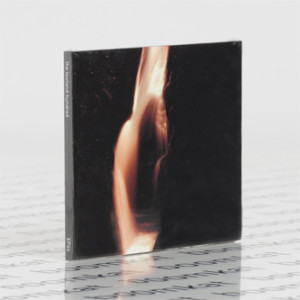 The Lowland Hundred – ‘The Lowland Hundred’ (2014)
The Lowland Hundred – ‘The Lowland Hundred’ (2014)
The third album of a trilogy by Aberystwyth’s Paul Newland and Tim Noble. The Lowland Hundred refers to the mythical submerged kingdom beneath Cardigan Bay and the album casts its net over land and sea to explore the sonic landscapes of Mid Wales. The four pieces have no titles, as if emphasising its artistic integrity as an album, rather than a collection of pick and mix tracks
and watching:
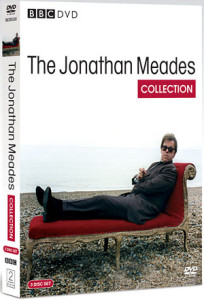 The Jonathan Meades Collection – BBC (2009)
The Jonathan Meades Collection – BBC (2009)
Jonathan Meades makes films the way he talks, writes and lives his life: with passion, anger, humour and humanity. This collection includes some of his finest work for the BBC, including Abroad in Britain, Further Abroad and Magnetic North. Meades is a writer and film-maker with a unique talent for sifting out the meaning behind the natural and built environments we live within
 ‘Urbanized’ – Gary Hustwit (2011)
‘Urbanized’ – Gary Hustwit (2011)
Who designs our cities? Who decides what is built and for whose benefit do they make those decisions? Urbanized is the third part of Gary Hustwit’s Design Trilogy and looks at the development of the modern city, interviewing some of the key decision-makers along the way. Cui bono?
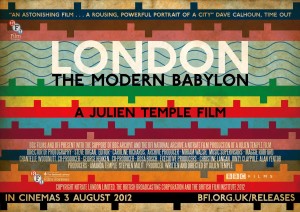 ‘London: The Modern Babylon’ – Julien Temple (2012)
‘London: The Modern Babylon’ – Julien Temple (2012)
For over thirty years Julien Temple has used film to give a voice to the rebels and refuseniks of London. His body of work embraces punks, poets, ranters and ravers. In some ways, London: The Modern Babylon brings all of these disparate elements together. Temple takes a time-travelling journey through twentieth-century London, sweeping with his lens to embrace the immigrants and home-grown bohemians who have made London the city that it is today

